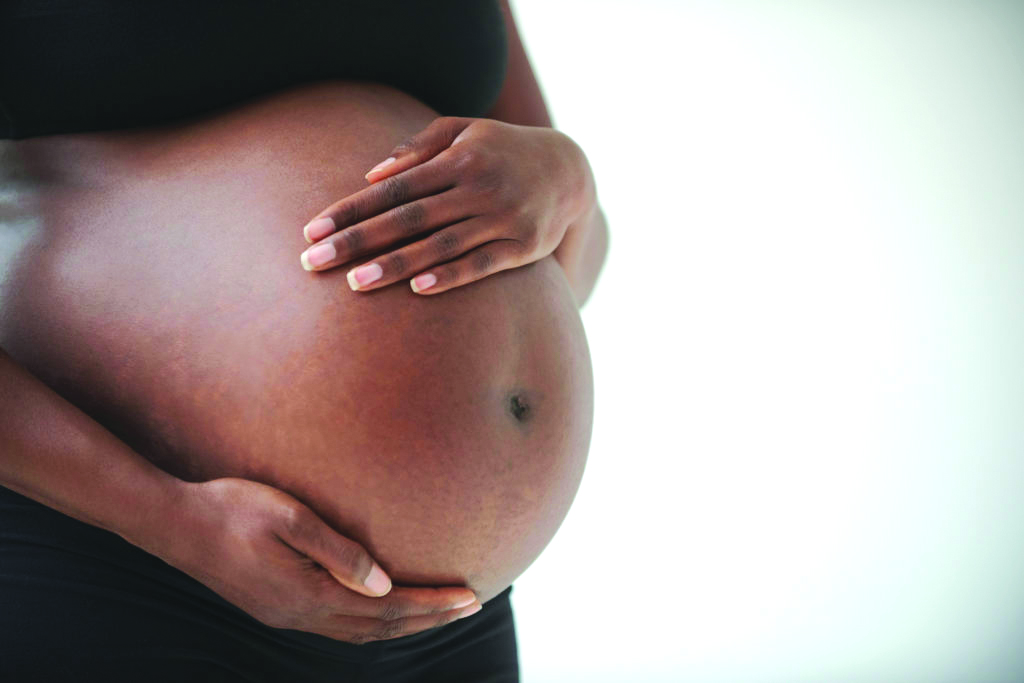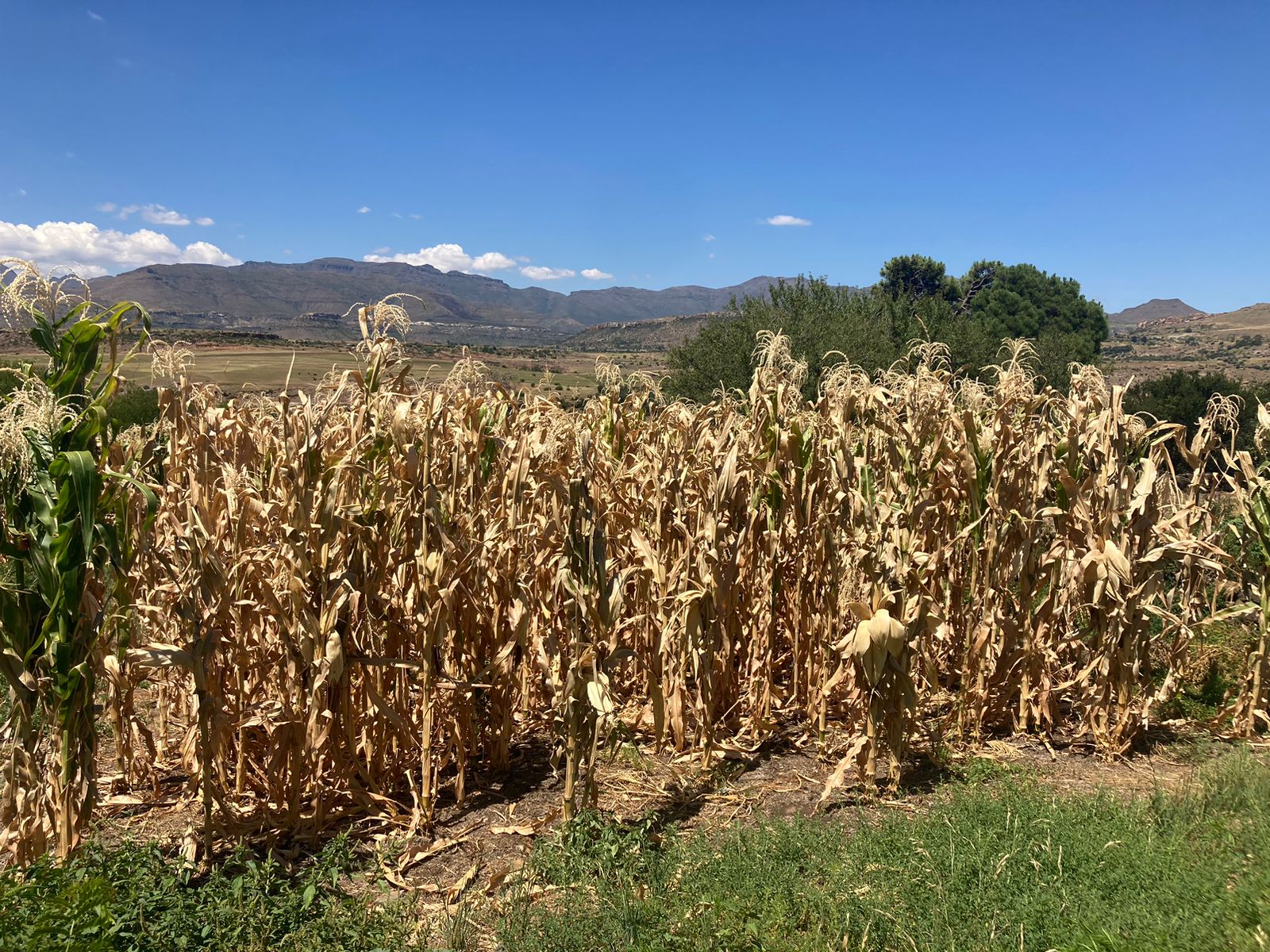Ntsoaki Motaung
A recently released analysis by the United Nations Population Fund (UNFPA) highlights that women and girls are disproportionately affected by the climate crisis, bearing significant health, social, and economic burdens on the frontlines of climate change.
The report underscores that extreme heat and weather-related disasters pose severe risks to women’s and girls’ health, including heightened chances of stillbirth, malnutrition, gender-based violence, and exposure to heat stress and infectious diseases.
“Climate change also threatens gender equality and sustainable development. Weather-related disasters fueled by climate change exacerbate inequality, disrupt essential health services, and limit women and girls’ access to education and livelihoods,” the paper stated.
Dr Natalia Kanem, UNFPA Executive Director, emphasised that the climate crisis worsens conditions for everyone, but women and girls in the hardest-hit countries face the gravest challenges.
“As storms, floods, droughts and wildfires displace them from their homes, life-saving health services, safe spaces, education and livelihood opportunities can fall out of reach. Women and girls are on the frontlines of the climate emergency, and this new analysis is a reminder that their needs must not be ignored,” Kanem said.
Although Lesotho is not listed among the 25 countries most affected by climate-related disasters, health professionals in the country report that extreme weather patterns have a pronounced impact on women and girls, particularly in remote areas.
‘Mabokang Damane, Nurse-in-Charge at Molika-liko Health Centre, shared with Newsday the challenges faced by women in hard-to-reach areas, where extreme weather often forces them to give birth at home.
“In these areas, women still give birth at home, and one of the major contributing factors is extreme weather,” Damane explained.
Recalling one case, she described how a pregnant woman was unable to reach the clinic due to heavy rains that caused rivers to overflow.
“We nearly lost the mother because she gave birth at home, and the placenta got stuck. If not for the heavy rains, she would have reached the health center and avoided such complications,” Damane said.
The mother, who was bleeding profusely, eventually required emergency assistance. “A helicopter had to be arranged to transport her to the hospital, where she finally received help,” she added.
Damane emphasised that long distances and harsh weather conditions are significant barriers to women seeking antenatal care or treatment for other health issues in a timely manner.
At COP 29 in Baku, Azerbaijan, the United Nations Population Fund (UNFPA) emphasised the urgent need for climate action that prioritises women, girls, and young people. The agency called for measures to protect vulnerable groups from climate disasters, including the implementation of early warning systems, disaster preparedness strategies, and climate-resilient healthcare.
Additionally, UNFPA highlighted the importance of providing adequate financial support to vulnerable countries, with a focus on addressing the specific needs of women and girls to mitigate climate change impacts and foster resilience.
The organisation also stressed the need to ensure that women and youth are actively involved in decision-making processes and have access to the resources required to lead climate action and build sustainable communities.
“Without urgent measures, climate change will set back the clock even further on achieving gender equality and sustainable development. The time is now to put the rights, health and well-being of women and girls at the heart of climate action,’’ said Dr Kanem.
Summary
- A recently released analysis by the United Nations Population Fund (UNFPA) highlights that women and girls are disproportionately affected by the climate crisis, bearing significant health, social, and economic burdens on the frontlines of climate change.
- The organisation also stressed the need to ensure that women and youth are actively involved in decision-making processes and have access to the resources required to lead climate action and build sustainable communities.
- The time is now to put the rights, health and well-being of women and girls at the heart of climate action,” said Dr Kanem.

Your Trusted Source for News and Insights in Lesotho!
At Newsday Media, we are passionate about delivering accurate, timely, and engaging news and multimedia content to our diverse audience. Founded with the vision of revolutionizing the media landscape in Lesotho, we have grown into a leading hybrid media company that blends traditional journalism with innovative digital platforms.






